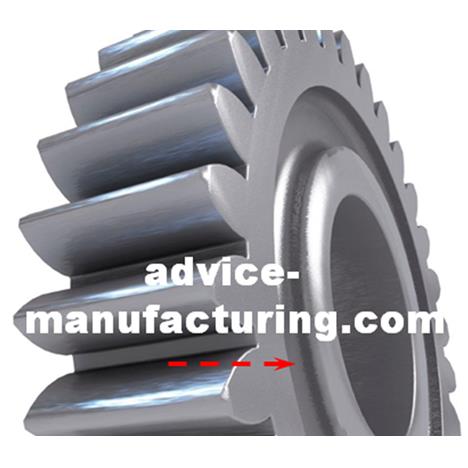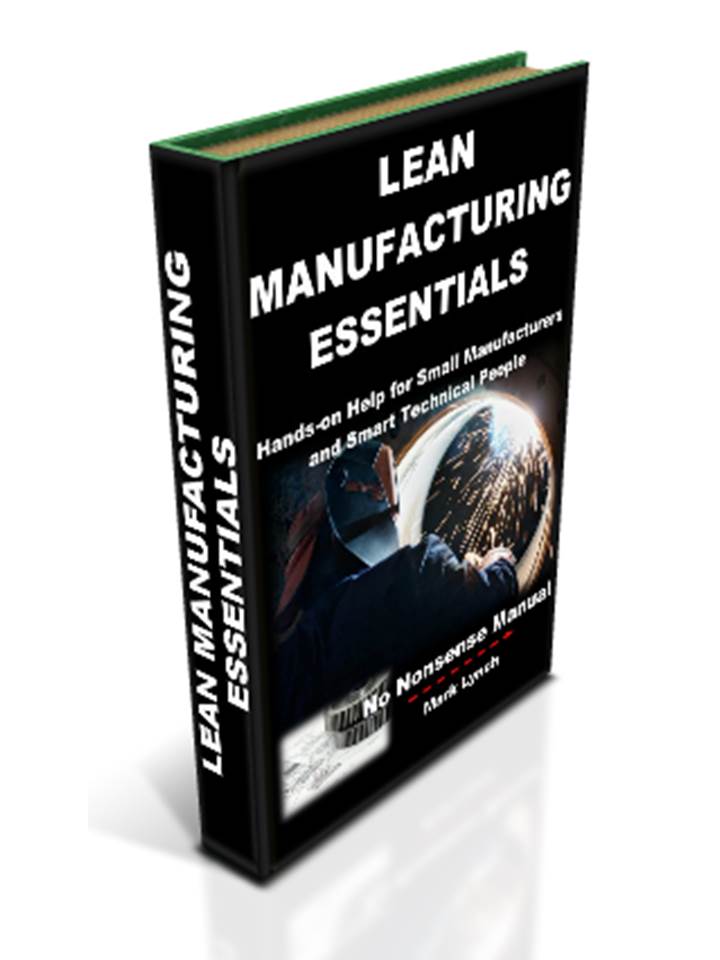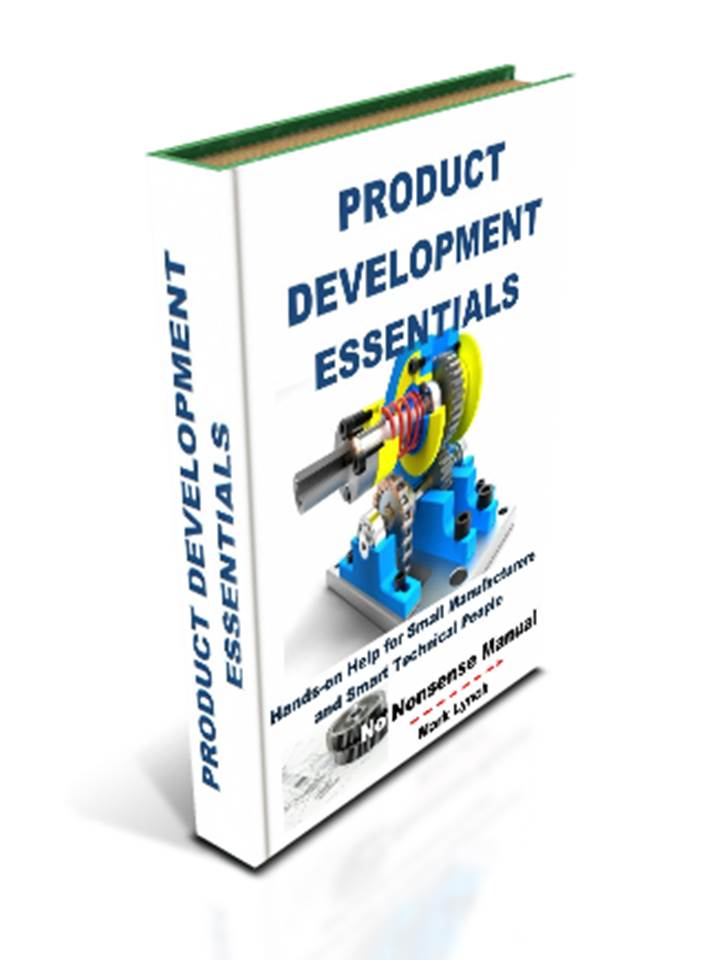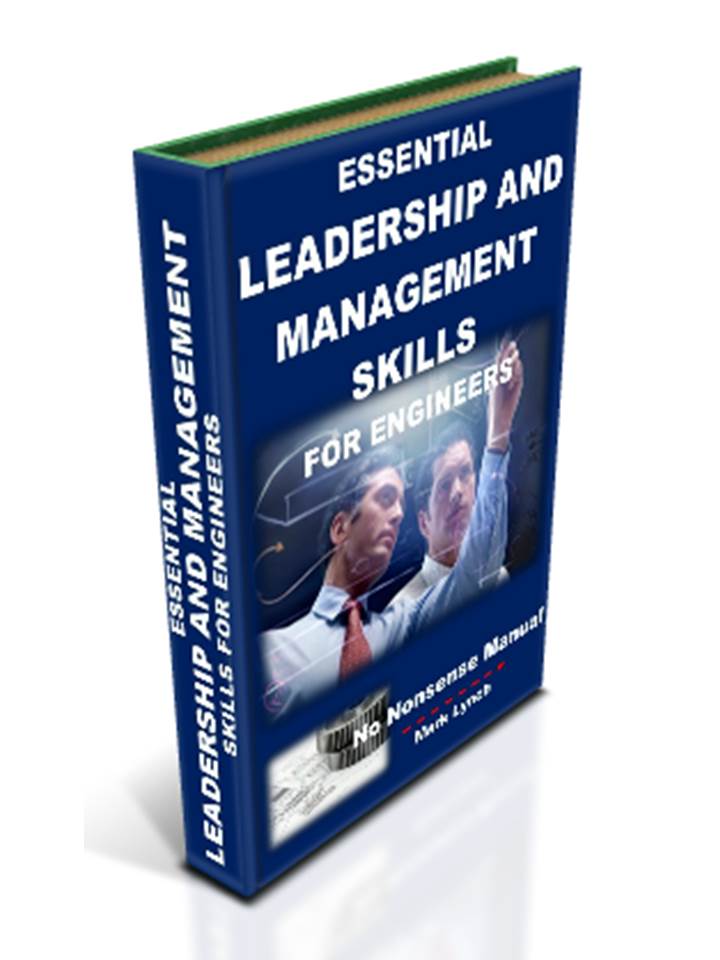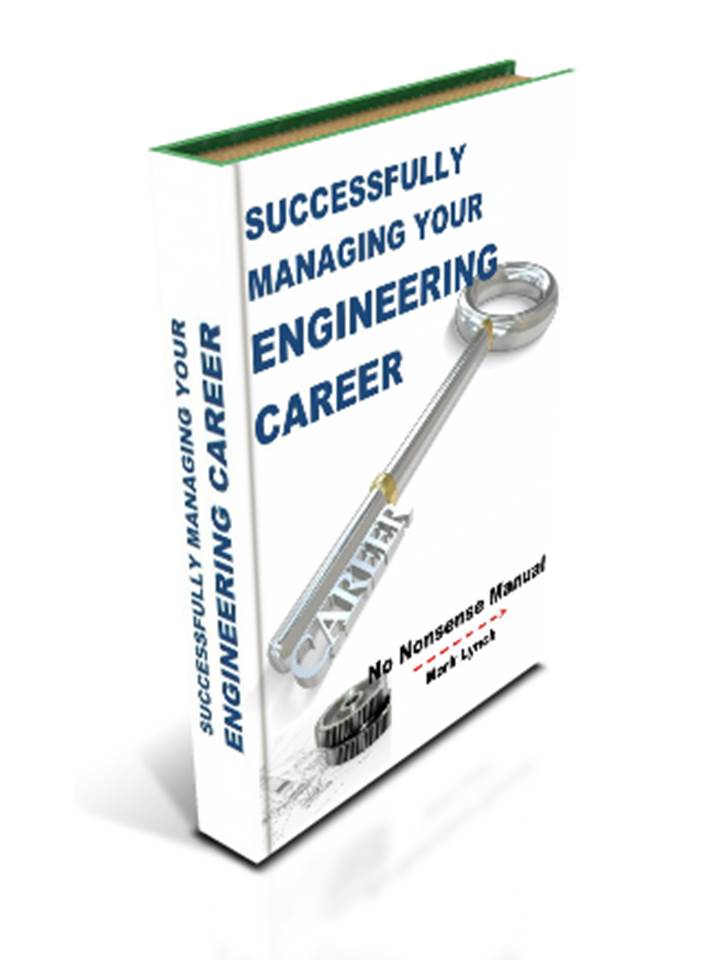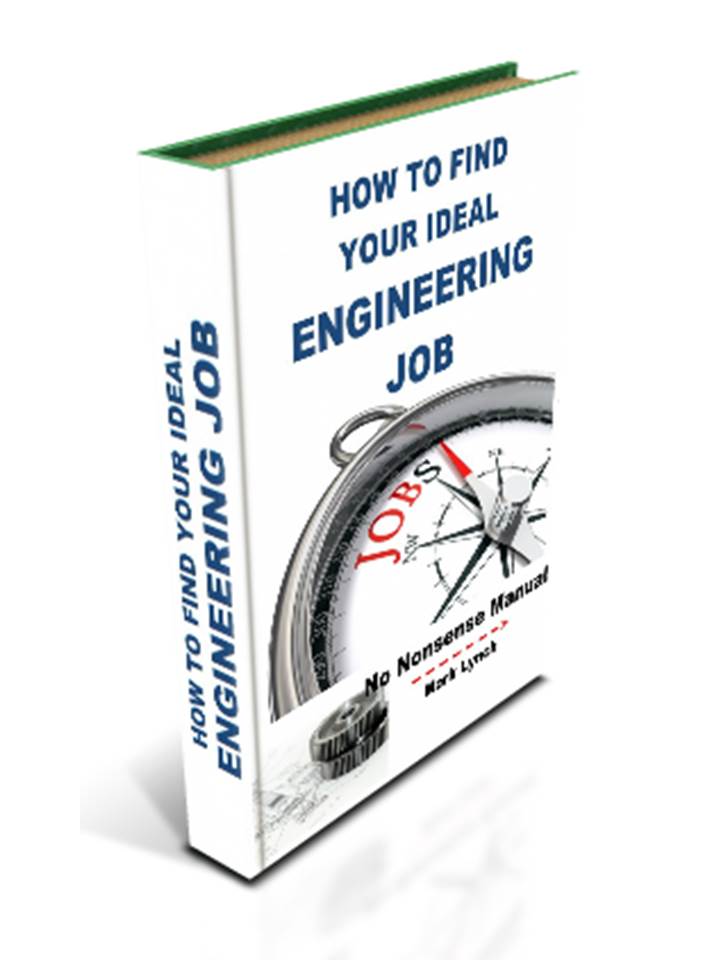'Hands-on Help for SMEs' and Smart Technical People'
Engineering Covering Letter Style:
Individuality and Personal
Style, Being
Professional and
Positive,
Speculative Letters - Putting
Yourself Forward
Engineering Covering Letter Style
Individuality and Personal Style
Consider things from the recruiter’s point of view – they’re sifting through numerous covering letters and CVs. Considering this, one of your aims is to make your letter memorable and distinctive. Contrast this with the fact the standard Cover Letter, perhaps from a template, tends to be very ordinary – very average.
Apart from the content, one way to differentiate your letter is to write it in your distinct personal style. If you can get your particular personality to be reflected in your choice of words, you are far more likely to be remembered and make the sift. Whilst still professional, try writing the letter as a conversation between two people, rather than a formal document.
Provide credible evidence you get on well with people and work well within teams. At the start address the recruiter by name. Likewise mention the company by name. Remember to keep the letter succinct, sticking to relevant information. However, by letting your unique personality shine through, the employer is more likely to be able to visualise you both as a person and as somebody fitting into their organisation. Why be average when you need to be exceptional?
Engineering Covering Letter Style: An Up-Beat Message...
Be Professional and Positive
Your Cover Letter can still reflect your personal style, yet be professional. After all this is a business document. You will be competing against other professionals so don’t put yourself at a disadvantage. Many employers aim to recruit the strongest possible candidates, the most competent, high-skilled professional they can for the salary available. From the recruiters’ point of view, this individual is most likely to add value to the organisation and make it thrive. They also represent the lowest risk and the greatest value for money.
Considering this, you should aim to convey a strong sense of professionalism with the content and choice of words. Be positive, expressing an enthusiasm for the position and passion for your past achievements. Never be tempted to bad-mouth previous employers, regardless of what may have happened or how tempting this may be – this is about as negative as it gets and sends a strong message to a new employer. Instead why not concentrate on lessons you may have learned and the experiences and insights you have gained.
Engineering Covering Letter Style: Why not Take a Chance...?
Speculative Letters - Putting Yourself Forward
The thought of writing a Cover Letter enclosed with a CV when not applying for a specific advertised position may well seem off-putting. But consider this – most jobs are not advertised. Most positions are generated and filled either internally, by recommendation or by word-of-mouth. Clearly there is a cost attached to advertising for jobs and recruiting more-broadly, as well as the delay and general inconvenience. If businesses can avoid all this, naturally they will.
One way of tapping into this often unseen opportunity, is the speculative application – sending a Cover Letter and CV for a position not advertised. Be bold and overcome your natural reluctance. You may be fortunate and get considered, be asked to come in for a general conversation, or at least be placed on file for a future position. The business equivalent of speculative letters – direct marketing – clearly must have some success as organisations spend considerable sums doing it.
As there is no job advert for you to structure your letter around, it is even more important you make yourself as memorable as possible. Again research the company thoroughly, particularly with regard to who the most relevant person to receive your letter is. Match your strengths to key aspects of the business. With no job advert to constrain the relevance of your reply, you have the advantage of being free to express your best qualities to any aspect of the business. Having said this, it should be apparent what type of role you are best placed to perform. Contact and follow up information is just as important with speculative letters.
Engineering Covering Letter Style: You Only Get 1 Chance to Make a 1st Impression...
The Importance of Checking for Errors
This seems an obvious thing. However, where as people tend to be more forgiving with other types of correspondence, Cover Letters simply have to be right. All your hard work, research and preparation, both for the Cover Letter and the CV can simply be wasted with a few errors. You immediately put yourself at a disadvantage and give recruiters the excuse to discard your application – bearing in mind their aim will be to slim the pile down to the minimum suitable applicants as quickly as possible.
Check for spelling mistakes and grammatical errors. Double check the spelling of names, people and organisations. Be just as thorough with technical and industry-related details. Does the Cover Letter flow in a logical manner? Has it got a start, middle and end? Consider using a thesaurus so you do not repeatedly use the same words. Do the Covering Letter and the CV complement each other, with enough in the former to entice the reader to the latter?
Consider using a proof reader or at least a second pair of eyes. Don’t let inadequate checking let you be dismissed as a poor communicator.
Engineering Covering Letter Style
Next...Interview Tips and Techniques: How to Demonstrate you are Exceptional
Back to Engineering Jobs
If there is such a shortage of engineers, why aren’t engineering salaries shooting through the roof? What do you think?
We constantly hear about the skills shortage in engineering and high-end manufacturing? Well according to the laws of supply and demand, a shortage of anything should increase its value. So why aren’t engineering salaries sky rocketing as a result? Or are they? What do you think?
